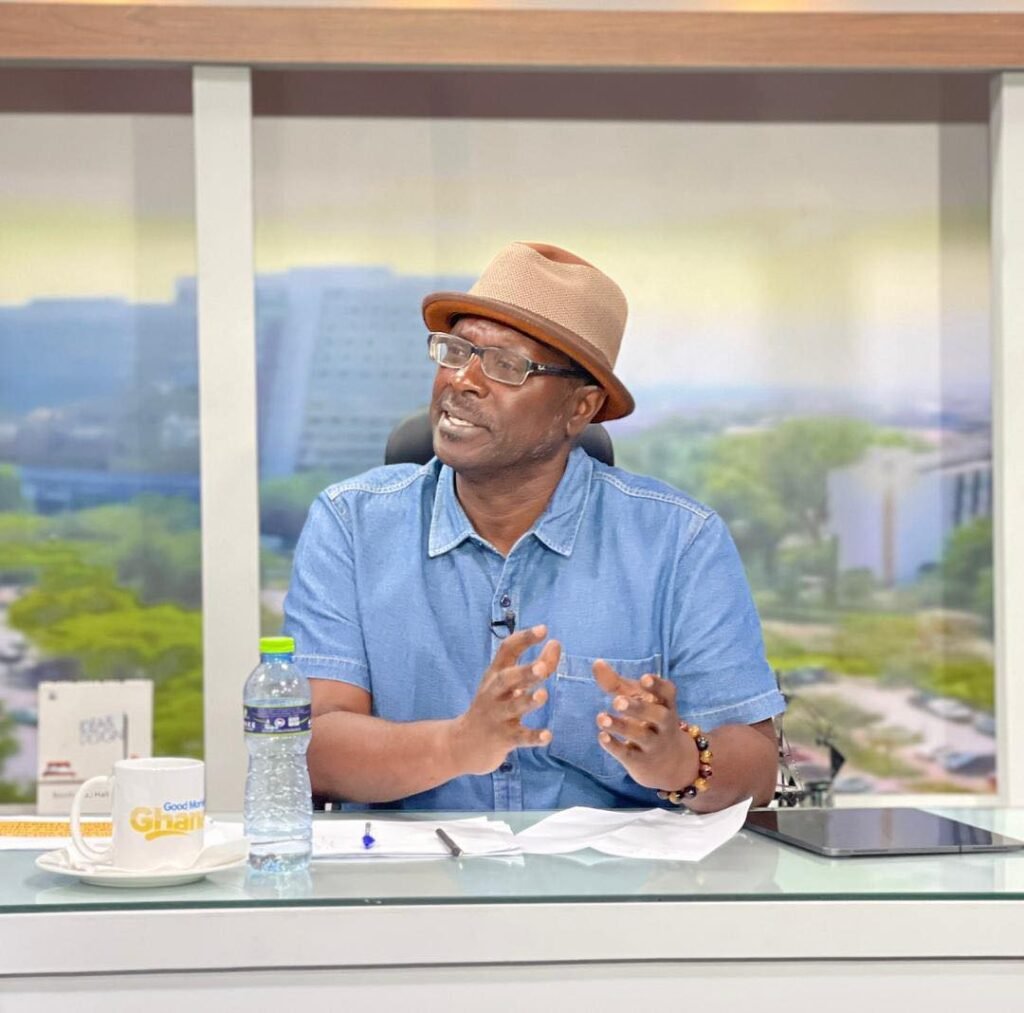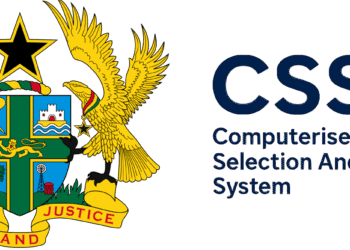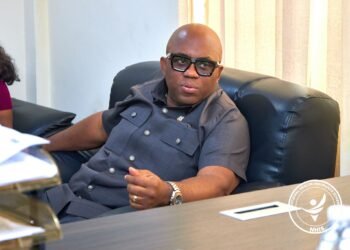Professor Stephen Kwaku Asare, a renowned legal scholar and CDD-Ghana Fellow, has strongly criticized the New Patriotic Party’s demand for its presidential aspirants to pay GHS 4 million as “Development Fees”, or risk disqualification for the party’s upcoming internal contest.
The seasoned Good Governance Advocate, widely known as Kwaku Azar, argued that the model by which political parties use internal party elections to raise funds by demanding astronomical amounts from aspirants risks producing leaders whose main motive will be to use political leadership as a tool for business instead of good governance.
Prof. Asare questioned the democratic nature of this model, arguing that if aspirants are expected to pay such huge sums of money or be considered unfit to participate in an election that is supposed to produce a leader for the people, then how is the people’s choice expressed, given that democracy is supposed to be by choice?
“If democracy is about choice, then access must never be for sale. Let the people, not price tags, determine who runs. Let the gate to leadership be guarded by citizens, not cheques”.
Professor Stephen Kwaku Asare
He further argued that with such demands from aspirants, political parties are simply making political office an investment venture, and those who eventually win power will be focused on making profits from the state, instead of making the citizens their focus.

“When political office is treated as an investment, national resources become collateral. Those who buy access must later extract returns. The cost of nomination becomes the seed capital for looting, and the state becomes the marketplace for recovery”.
Professor Stephen Kwaku Asare
Real Test is Mobilization of People
Prof. Asare further argued that instead of making money the test of an aspirant’s qualification requirement, the real test should be based on their ability to mobilize people across the country. This, he said, will better serve a democratic system and offer a fairer chance to all with vision for political leadership.
“Verified endorsements offer a fairer, more democratic test. Requiring, say, 5,000 verified signatures from each region would ensure that only candidates with genuine national reach, organizational competence, and grassroots legitimacy qualify. It tests ideas, networks, and credibility—not bank accounts”.
Professor Stephen Kwaku Asare
He further argued that requiring aspirants to meet a certain level of national outreach by letting them seek endorsements from citizens of all sixteen regions will not only do away with the model of “transactional politics“, but will also engineer participation and create a link between political leaders and the grassroots.

“A system of endorsements re-centers citizens. Instead of treating voters as spectators until election day, it makes them gatekeepers from the start. It deepens participation, tests leadership at the grassroots, and discourages transactional politics”.
Professor Stephen Kwaku Asare
State Funding of Party Primaries
Beyond internal reforms, Prof. Asare also called for direct state funding and supervision of political party primaries, arguing that this would significantly reduce the monetization of politics.
According to him, political financing in Ghana has become a breeding ground for corruption, as politicians often seek to recover campaign investments through questionable means once they assume office
By funding party primaries, Prof. Asare believes the state will eventually diminish aspirants’ power over their party members, thereby creating transparency and creating a medium whereby political leaders make the citizenry their focus, rather than their financiers.

He therefore called for a fundamental shift, demanding that those who aspire to lead must be encouraged to mobilize their members rather than their financiers.
“Let those who aspire to lead demonstrate it by mobilizing citizens, not financiers. Only then will we begin to rebuild a democracy that reflects our values, not our valuations—and a republic where the cost of running for office no longer bleeds into the cost of destroying our rivers, forests, and future.”
Professor Stephen Kwaku Asare
Like several others, Prof. Asare’s concern is that the current monetized structure of party politics risks entrenching inequality and undermining democratic participation, calling for urgent reforms to safeguard the integrity of Ghana’s democratic process.
READ ALSO: Bui Power CEO Urges Grid, Storage for Africa’s Renewables


















